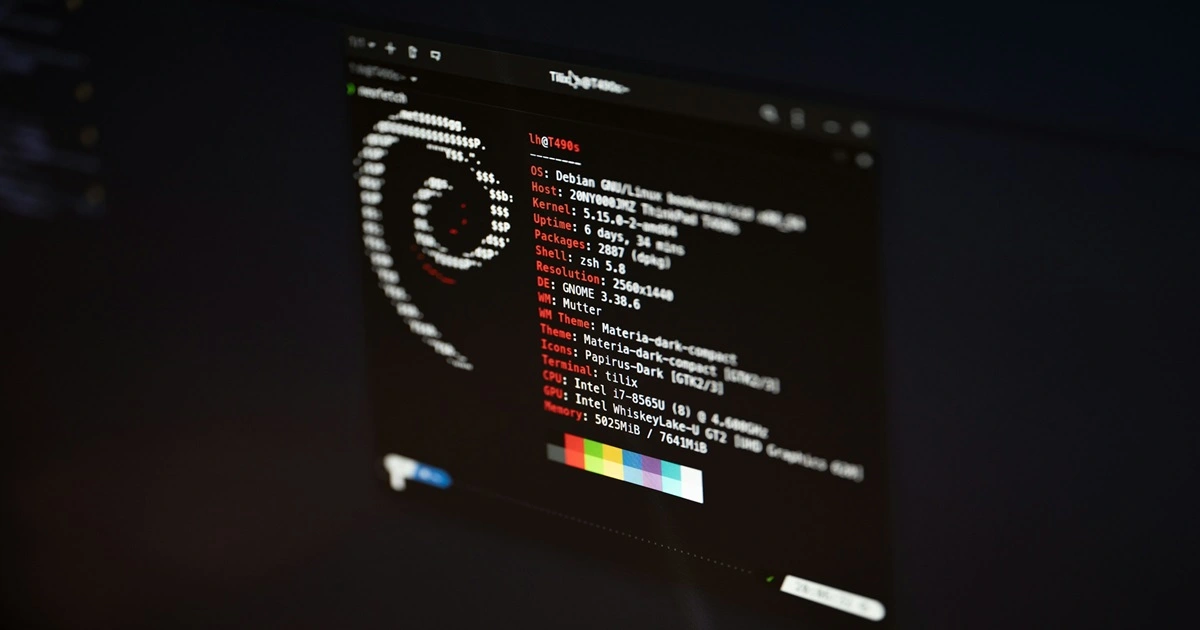Linux, created by Linus Torvalds in 1991, serves as the kernel behind countless Linux-based systems. Known for its security, performance, and flexibility, Linux is widely used in servers, desktops, and cloud environments. In this article, we explore Linux, its benefits, and why developers and IT professionals rely on Linux-based systems.
Table Of Content
What is Linux?
Linux is the core kernel that manages hardware resources and allows software to communicate with devices. Unlike proprietary software, Linux is open source, meaning anyone can inspect, modify, and distribute the code.
Over time, Linux has inspired various distributions (or “distros”), such as Ubuntu, Fedora, Debian, and CentOS. These distros package the kernel with software to create complete systems tailored for desktops, servers, or enterprise environments.
For more about Linux structure, see our blog on Understanding the Linux File System Hierarchy.
Advantages of Linux-Based Systems
Open Source and Free
Linux promotes transparency and collaboration. Developers worldwide can inspect and enhance the code, leading to rapid innovation. Most Linux distributions are free, removing licensing costs.
Security and Reliability
Linux provides strong security features. Its permission and user management system prevents unauthorized access. Security experts continually review the open-source code, making Linux-based systems a top choice for servers and critical applications.
Stability and Performance
Linux-based systems are highly stable and efficient. They can run for long periods without reboots, making them ideal for enterprise servers and cloud platforms. Lightweight distributions also ensure high performance on older or resource-constrained systems.
Flexibility and Customization
Users can choose lightweight or full-featured distros and customize environments. Linux-based systems support a wide range of software installation methods, including package managers like apt, yum, and snap. For details, check our guide on Managing Packages in Linux: apt vs. yum vs. snap.
Developer-Friendly Environment
Linux offers versatile development tools and supports numerous programming languages. Its command-line interface allows automation, scripting, and system customization, making it a preferred environment for developers.
Community Support
Linux has a vast, active community. Online forums, documentation, and mailing lists provide help to beginners and experts alike. Resources like Linux Questions Forum are valuable for troubleshooting.
Use Cases of Linux-Based Systems
- Servers and Cloud Computing: Dominates server environments due to scalability and security.
- Embedded Systems: Powers devices like routers and smart TVs.
- Development Environments: Preferred by programmers for testing and deployment.
- Education and Research: Provides free, customizable tools for learning.
How Linux Powers Different Systems
Linux forms the foundation of entire ecosystems:
- Desktop Systems: Ubuntu and Fedora provide full-featured desktop experiences.
- Enterprise Servers: Red Hat Enterprise Linux (RHEL) and CentOS optimize server performance and security.
- Cloud and Containers: Linux is widely used for cloud platforms and containerized apps via Docker or Kubernetes.
Learn more about Red Hat Enterprise Linux and Linux in Cloud Computing.
Conclusion
Linux and Linux-based systems deliver flexibility, security, and performance. From desktops to enterprise servers, Linux powers a wide range of applications. Understanding Linux allows developers and IT professionals to choose the right Linux-based system for their projects.







